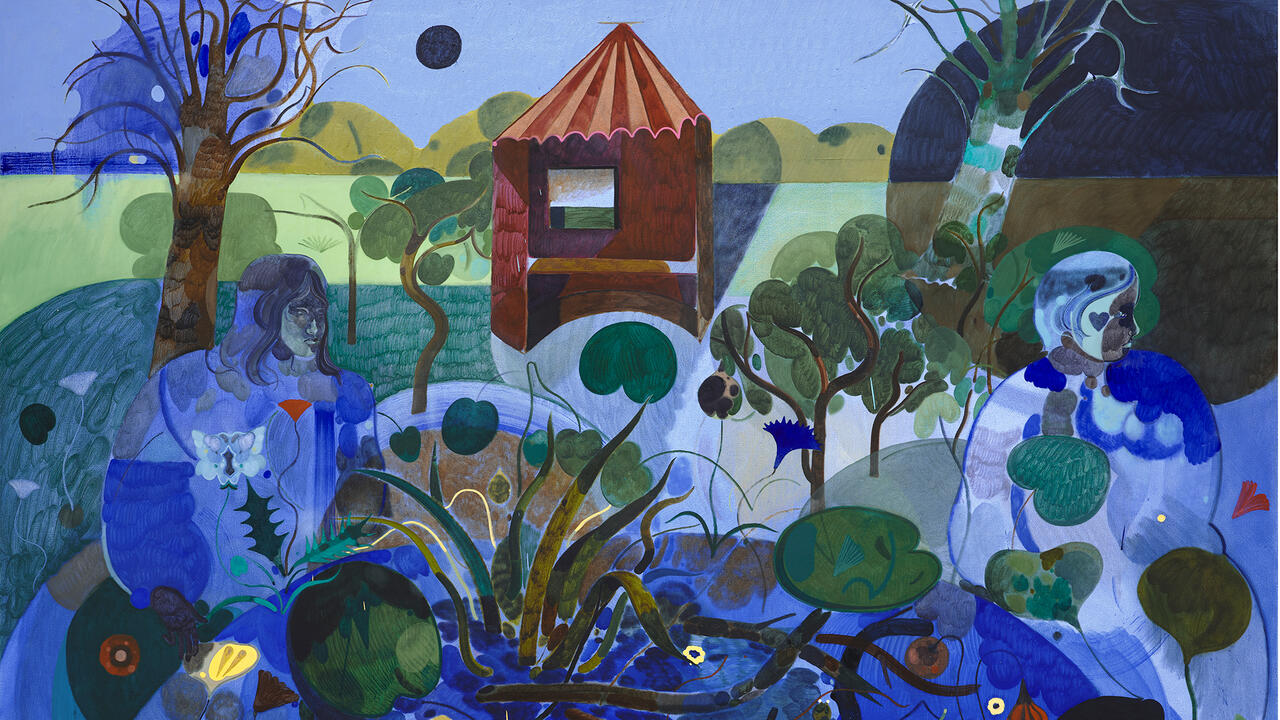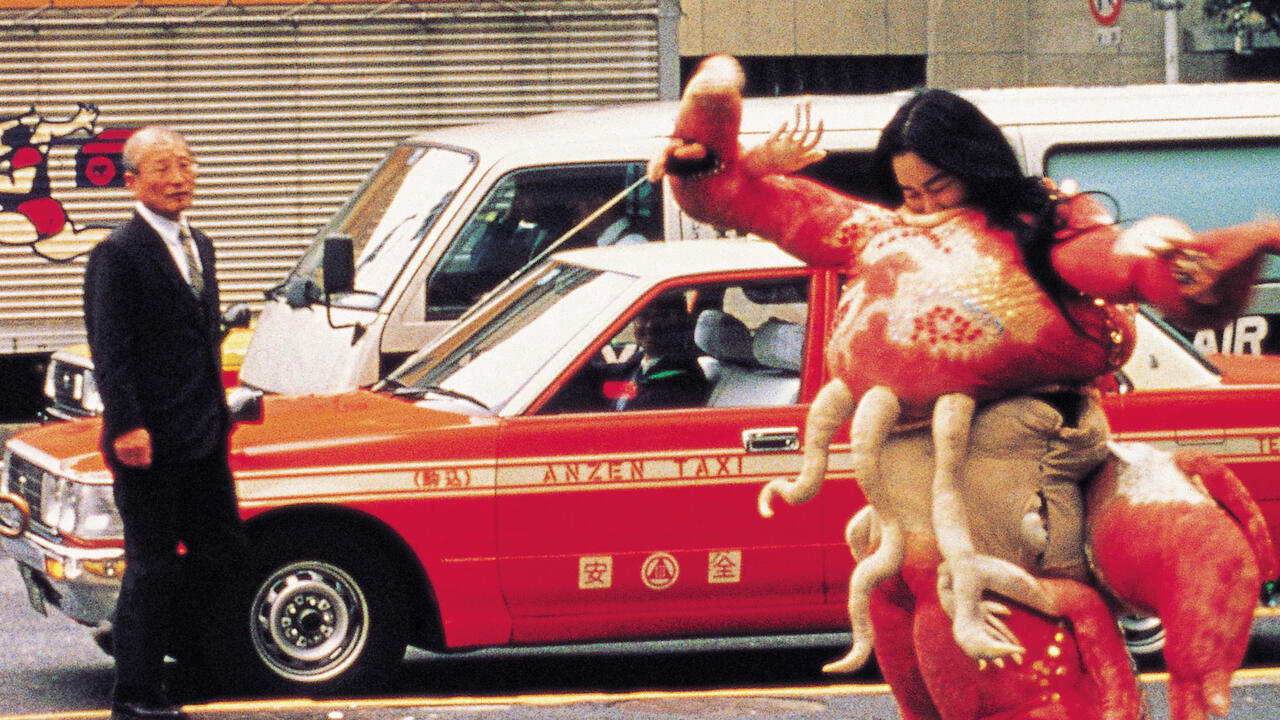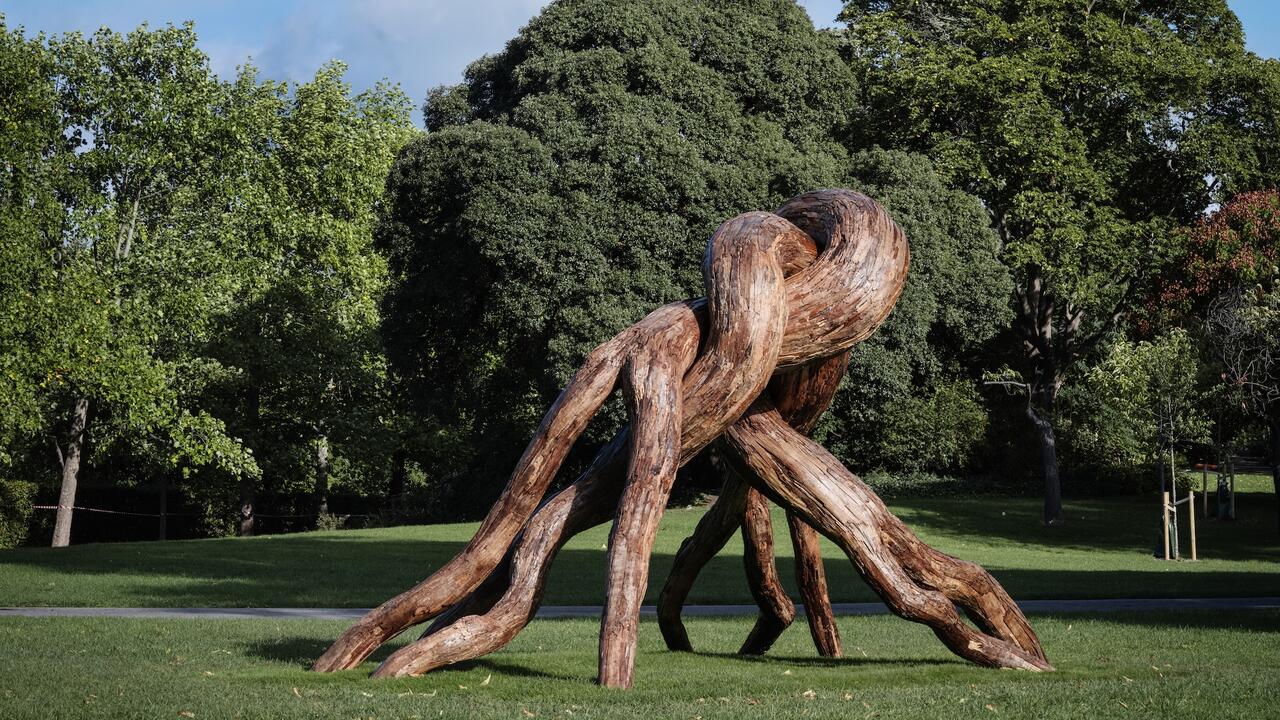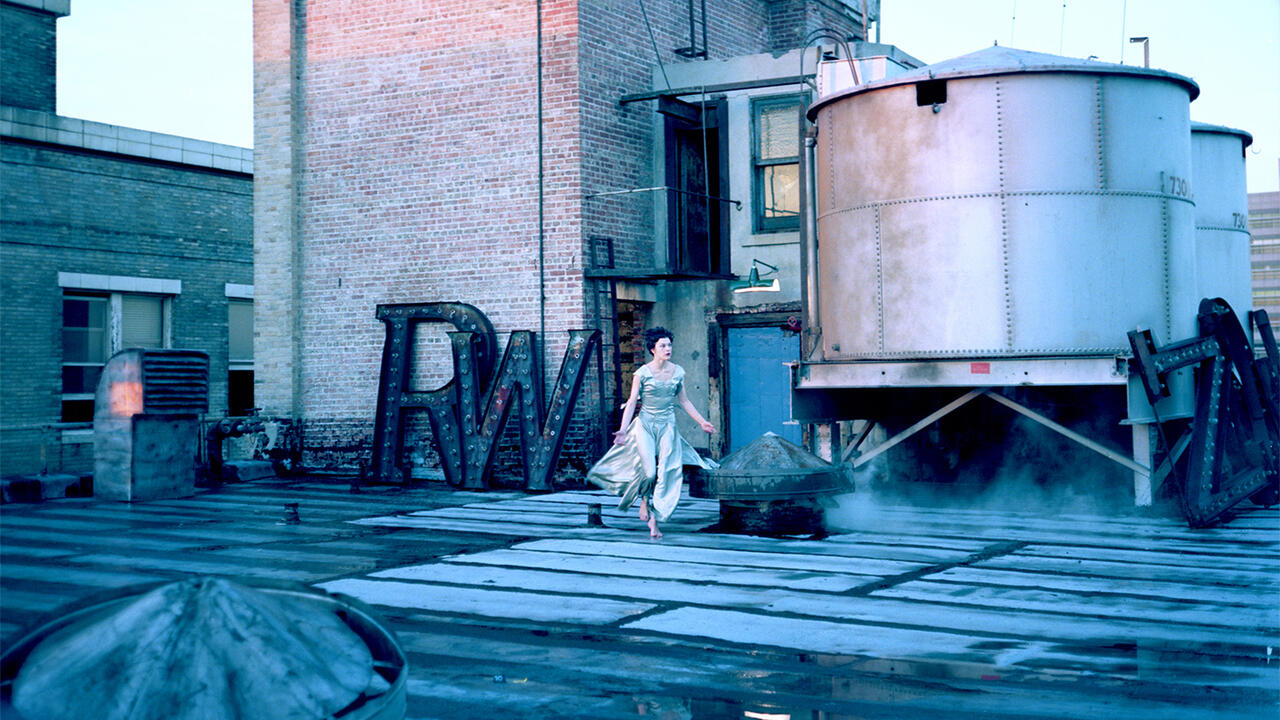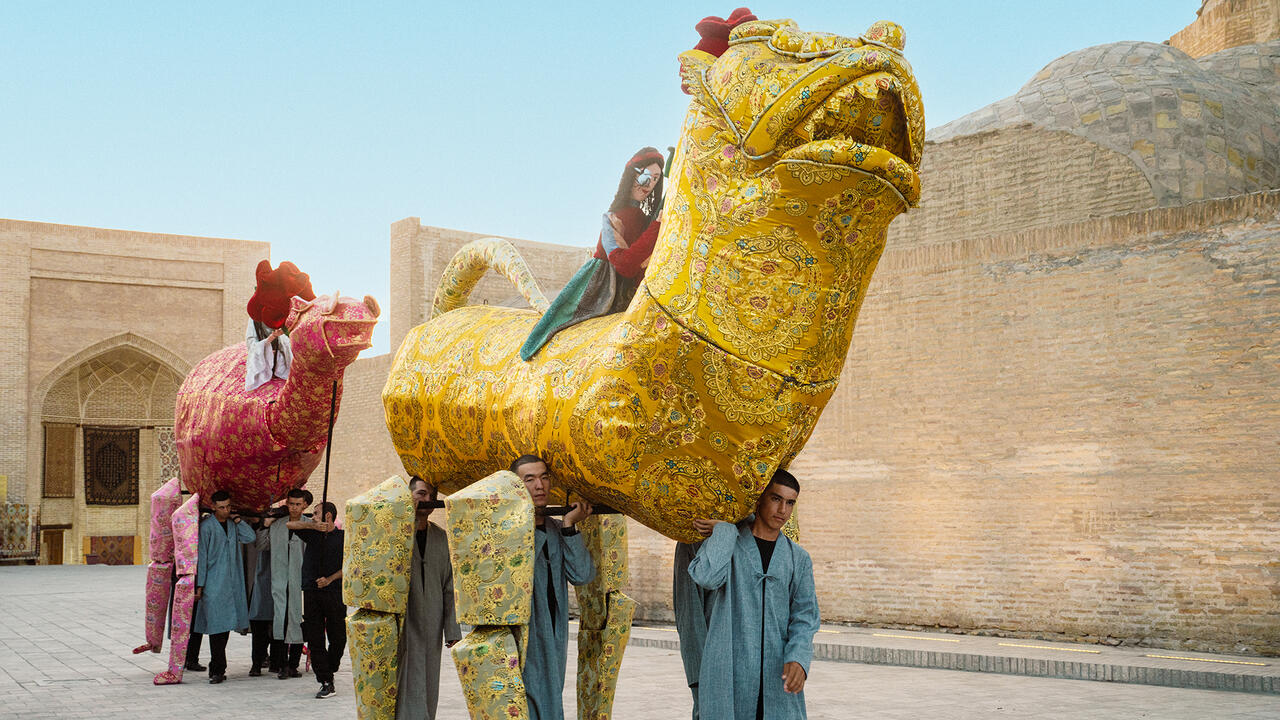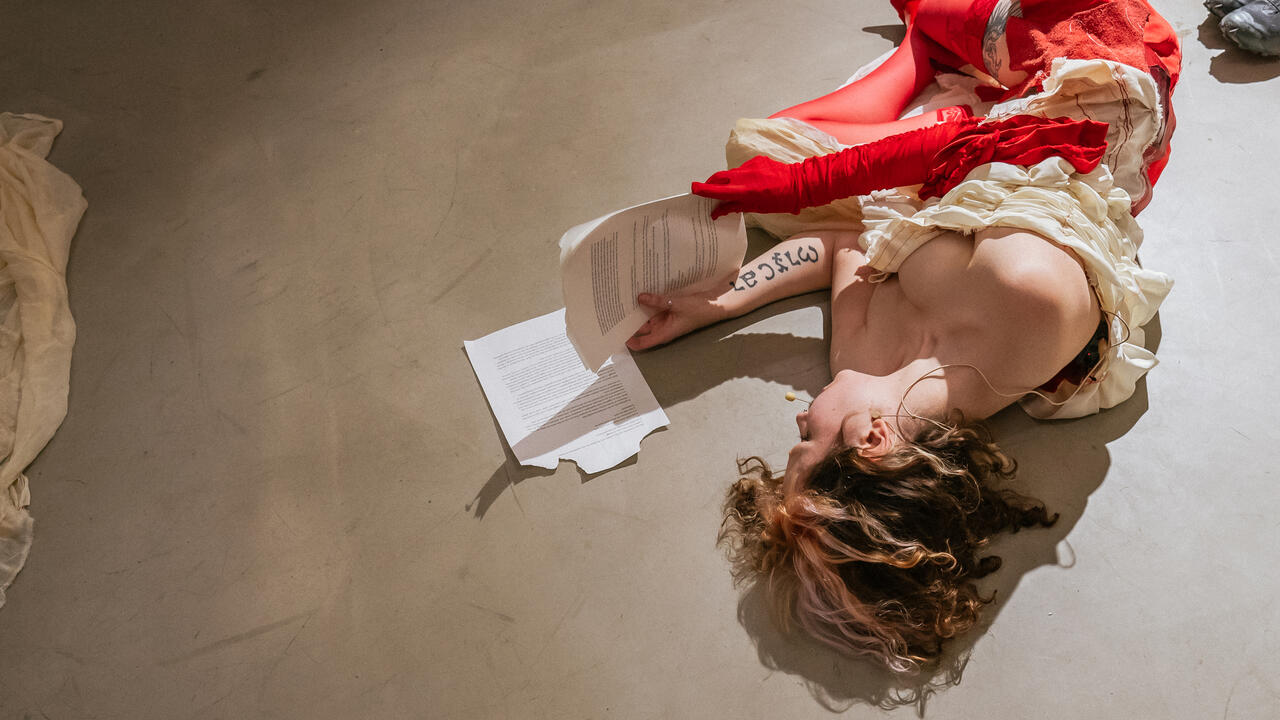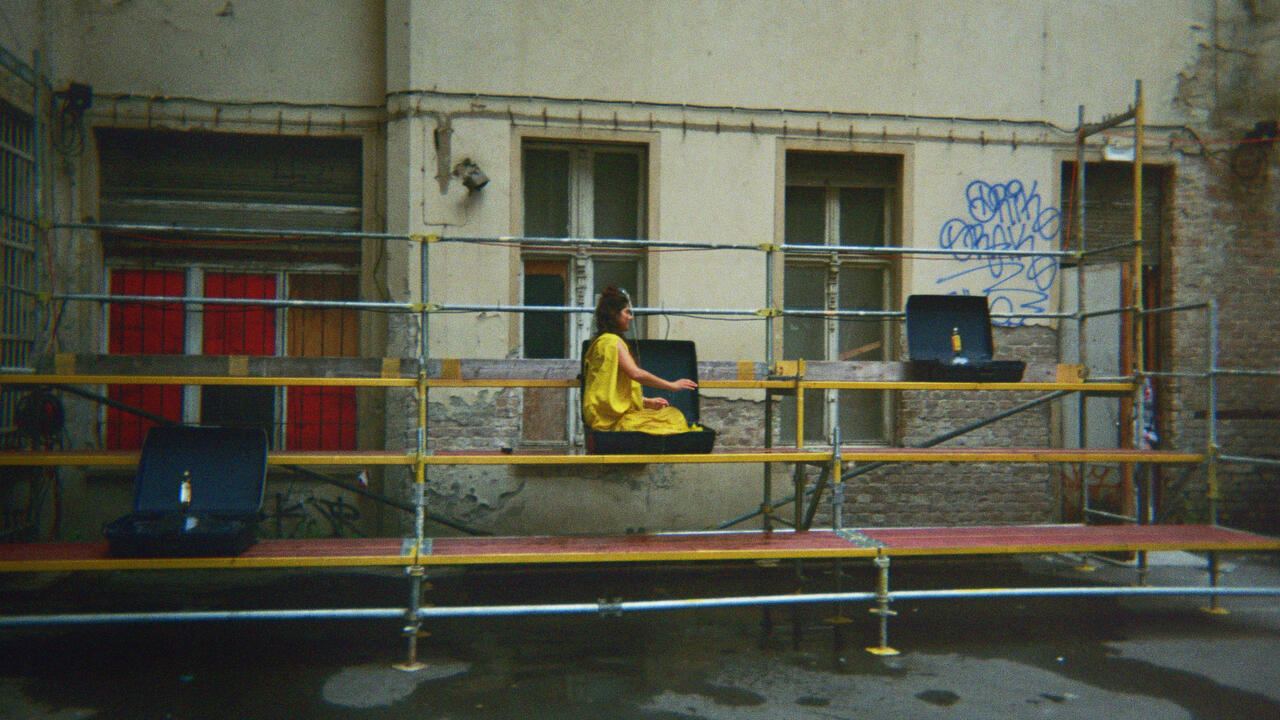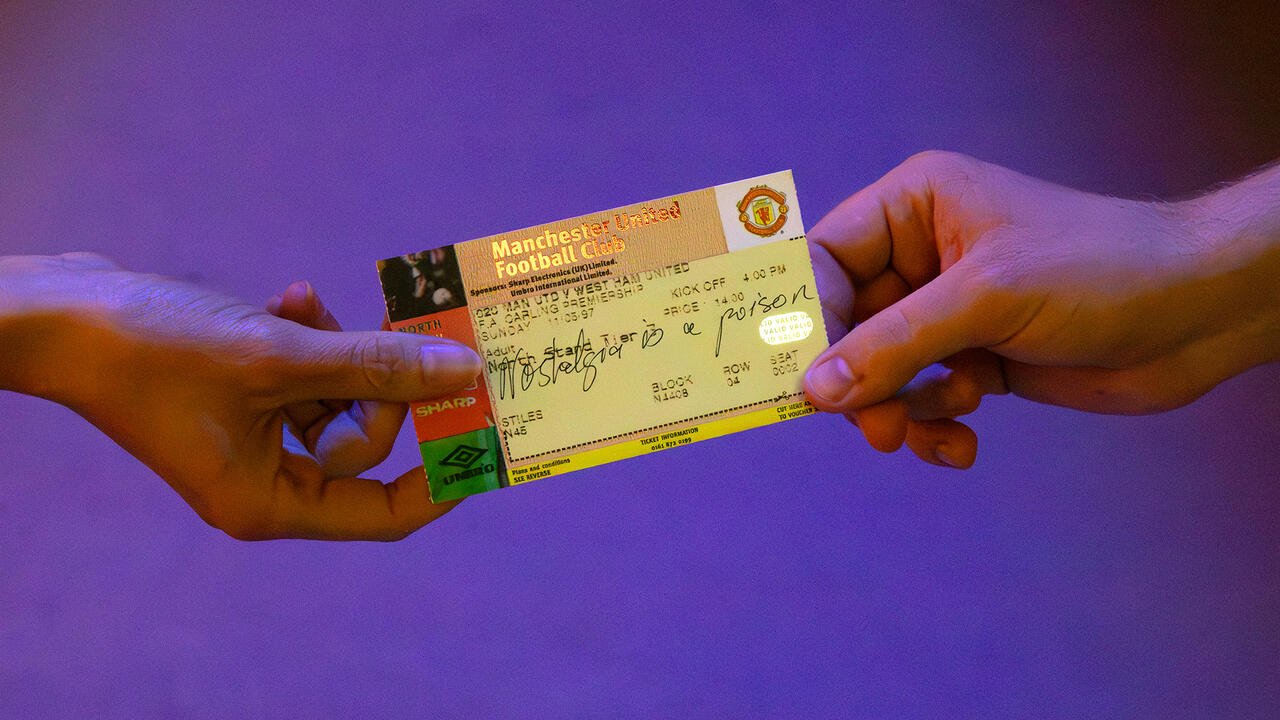Watching 'Atlantics' in a Summer of Unease
Amidst cycles of protest, Zoé Samudzi considers Mati Diop’s film in which young men ‘return’ to the shores of Dakar from their fatal attempt to emigrate overseas
Amidst cycles of protest, Zoé Samudzi considers Mati Diop’s film in which young men ‘return’ to the shores of Dakar from their fatal attempt to emigrate overseas

Recently, I’ve been feeling an intense sense of unease. The best way I can describe it is as a heavy ball that sits inert in your stomach before bursting into a full-blown panic attack. It might make you hyperventilate, feel easily overwhelmed or at a complete loss for words. For me, this leaden sensation usually dissipates sometime after the onset of intense anxiety or when I am able to ground myself and breathe deeply until the feeling subsides, avoiding the attack altogether. But I’ve been experiencing it consistently for weeks and sporadically for months.
I felt that familiar feeling very late one night at the end of April, after I finally watched Atlantics (2019). Set in a suburb of Dakar on the Atlantic coast, it’s a film about memory: the memories of the women left behind by men emigrating to Europe and of the abuses that drove them to leave. When the protagonist, Ada (Mame Sane), visits the beach, instead of meeting her lover Souleiman (Ibrahima Traoré) as agreed, she is left only with her recollections of the last intimate moments they stole together just hours before. The scene recalls a passage from Roland Barthes’s A Lover’s Discourse: Fragments (1977), in which the character struggling with their lover’s departure laments: ‘I who love, by converse vocation, am sedentary, motionless, at hand, in expectation, nailed to the spot’. The film’s director, Mati Diop describes how, in her own conversations with young people in Senegal, the ‘youth who disappeared in the ocean […] can be felt like a ghost generation’.
Mamoru Oshii’s cyberpunk anime Ghost in the Shell (1995) is set in a cybernetic future and centres partially on the criminal acts of ghost-hacking – the supplanting of someone’s memories with false ones – and cyberbrain hijacking, in which the victim’s brain is replaced by that of a criminal, while their body is stored elsewhere. At the end of the film, the antagonist – an artificial-intelligence programme called Puppet Master – merges with the protagonist, a cyborg security agent Major Motoko Kusanagi. Puppet Master believes the essence of human life is to reproduce within the finite bounds of mortality rather than replicating by cloning. In one monologue where the Puppet Master seeks to justify its claim to sentience, it declares: ‘DNA is nothing more than a programme designed to preserve itself’ and that ‘life, when organized into species, relies upon genes to become its memory system’. Humans, then, can only be individuated by the unique and intangible memories they each possess. ‘Memory cannot be defined, but it defines mankind’.

The young men in Atlantics ‘return’ from their fatal attempt to emigrate overseas by inhabiting the bodies of their girlfriends. Formerly construction workers, they haunt the mansion of their exploitative boss, Mr. Ndiaye (Diankou Sembene), to finally claim the withheld pay that had motivated their passage to Europe. While not morally comparable to the criminal acts of Ghost in the Shell, their possession of Ndiaye’s home with intent to extort nevertheless shares a frame of hauntology with Oshii’s fusion of the Puppet Master with Kusanagi: both involve 'the presence of a spectre,'1 and both desire the closure and finality of mortality.
In many continental African belief systems, a person does not truly die until proper funerary rites are observed and/or the body is interred. As with victims of historic genocides whose remains are held in museum archives, the souls of those lost at sea are not at peace. In haunting Mr. Ndiaye, the young men seek not simply vengeance but eternal rest: they demand their wages, they demand their graves and they demand justice. In a particularly unforgettable scene, Souleiman’s additional desire – to convey his unwavering love for Ada – is expressed via the kind of haptic reassurance that COVID-19 has temporarily stolen from us and may transform forever. At the end of the film, having inhabited the body of a young police inspector, Souleiman’s ghost spends one last night with Ada. After discovering that he is responsible for the mysterious crimes he had been investigating, the inspector chains himself to a piece of his furniture so he would be unable to leave his home and commit any more. But in the bar where Souleiman and Ada reunite, a single handcuff around his wrist – the one meant to tether him to the immovable thing in his apartment, and so to materiality – is visible as he embraces her on the dance floor: the spirit world has no regard for modes of mortal detainment.

The film’s final song sounded familiar: as a Zimbabwean, I’m always jolted to attention when I unexpectedly hear the mbira. Before the credits began to roll, the subtitles on my screen flashed ‘Huvhimi’ (2002) by Stella Chiweshe, one of the few female mbira masters. In Shona, huvhimi means ‘hunter’ while the instrument’s full name, mbira dzavadzimu, means ‘voice of the ancestor’, as the mbira was traditionally used to facilitate communication with ancestral spirits. How fitting, then, that Atlantics – a story of lost love and justice, a story that split the seam of my full, sad heart – ends with an appeal to the ancestors. How apt that – as we hunt for an escape from the dizzying cycles of protest, suffering and tampering incrementalism, by way of revolution and abolition – Fatima Al Qadiri’s film score returns me to Zimbabwe. To the country whose borders were contoured by British violations, whose soil holds the blood and as-yet-unrealized uhuru dreams of freedom fighters, whose valleys and skies and people dot my nostalgic fantasies, whose seats of governmental power are held by so many identical to the exploitative construction boss Mr. Ndiaye.
The next time I need grounding, I’m going to close my eyes and listen to Corinne Bailey Rae’s ‘The Sea’ (2011), written after the death of her husband. There is a method to its haunting: it calls on us to pay close attention to the sound and movement of the moon-guided tide that I would like to think pulls us ever-closer to freedom, to the shores on the other side. As Derek Walcott writes in the first line of his 2004 titular poem: ‘The day, with all its pain ahead, is yours’.
1 Jacques Derrida, Spectres of Marx: The State of the Debt, the Work of Mourning and the New International, Abingdon, Routledge, 1994, p. 10.





